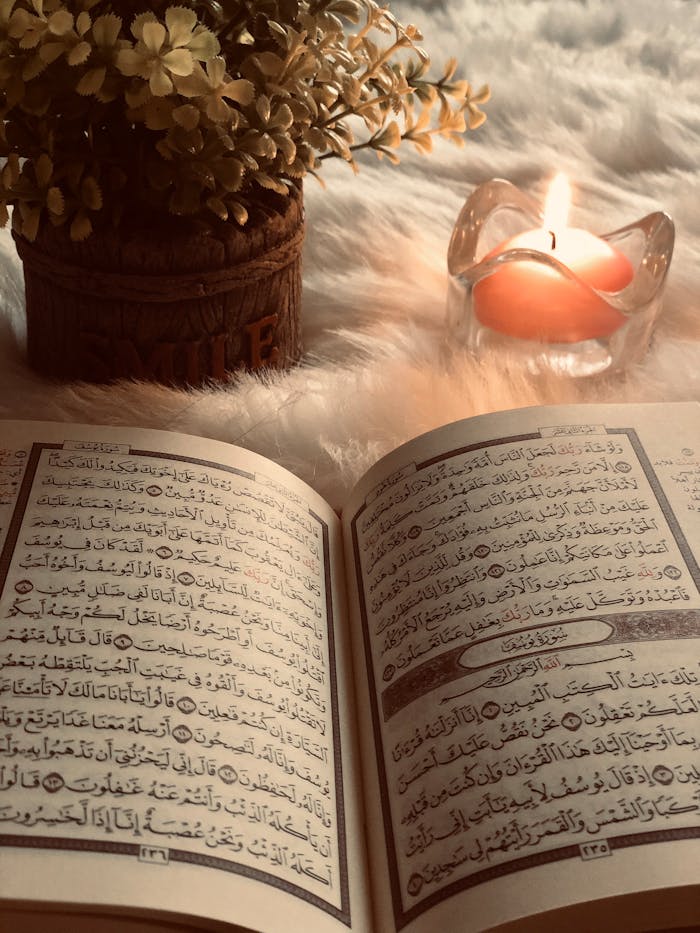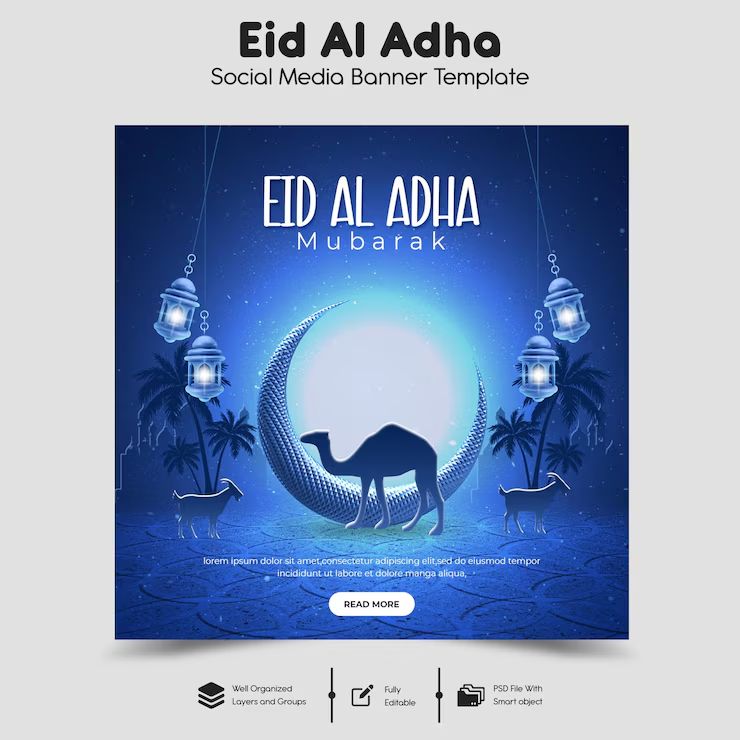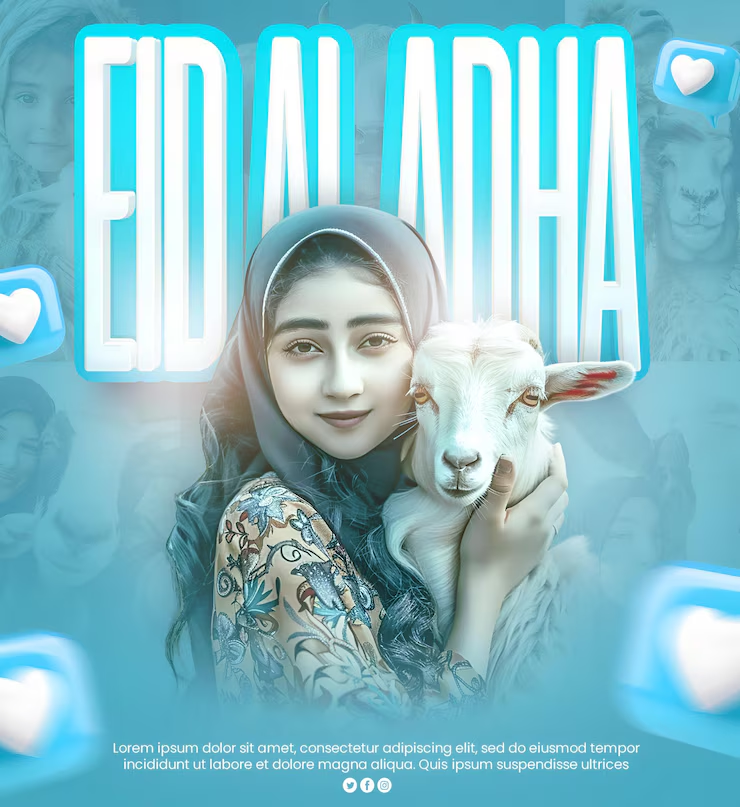The Quran stands at the heart of Islam — not just as a sacred book, but as a divine source of guidance, spirituality, and truth for over 1.9 billion Muslims worldwide. Yet many people, both Muslims and non-Muslims, often ask:
What is the true meaning of the Quran?
What is its full definition and name?
And what is the symbol that represents Islam?
If you’re searching for answers to these questions in a simple, clear, and engaging way, you’re in the right place. This blog post will unpack the meaning, purpose, and symbolism of the Quran and Islam in a tone that is easy to understand—even if you’re a beginner exploring the faith for the first time.
What is the True Meaning of the Quran?
The word Quran (also spelled Qur’an or Koran) is derived from the Arabic root word “Q-R-A” (قرأ), which means “to read” or “to recite.” So at its core, the Quran literally means:
“The Recitation.”
This name reflects the original nature of the Quran — it was recited by the Angel Jibreel (Gabriel) to the Prophet Muhammad (peace be upon him) over a period of 23 years. It wasn’t simply a book to be read silently; it was a living, spoken revelation, meant to be heard, memorized, and lived.
So, the true meaning of the Quran is much more than just a book — it’s the spoken word of God (Allah), preserved and passed down as divine guidance for all humanity.
What is the Full Definition of the Quran?
A complete definition of the Quran goes deeper than just its meaning:
The Quran is the final revelation from Allah (God), delivered to Prophet Muhammad (PBUH) through the Angel Gabriel, in Arabic, preserved in its original form, and regarded by Muslims as the literal Word of God and the ultimate source of guidance for life, morality, and spirituality.
Key elements of this definition include:
-
Divine origin: It is not authored by a human, but directly from Allah.
-
Final revelation: It follows the Torah (given to Moses) and the Bible (given to Jesus), completing the series of divine scriptures.
-
Preserved text: Not altered since its revelation.
-
Spiritual and legal guide: Covers beliefs, morality, family life, economics, justice, and more.
-
Arabic language: Revealed in classical Arabic, known for its literary excellence.
What Does the Name “Quran” Mean?
As noted earlier, the name “Quran” is rooted in the verb “to recite.” But spiritually, it carries much more weight.
The name symbolizes a continuous, living connection between Allah and His creation. It is a reminder that God’s message is meant to be shared, not just read, but lived and spread.
Some scholars also say that “Quran” means something that is “collected” or “compiled,” because it brings together:
-
Beliefs (Tawheed – Oneness of God)
-
Laws (Shariah)
-
Stories of past prophets
-
Signs from the universe
-
Wisdom and moral lessons
What Is the Full Name of the Quran?
The Quran doesn’t have a “full name” like a human being, but it does have many titles and names mentioned within itself that describe its nature. Here are some of them:
-
Al-Qur’an – The Recitation
-
Al-Kitab – The Book
-
Al-Furqan – The Criterion (between right and wrong)
-
Al-Dhikr – The Reminder
-
Al-Huda – The Guidance
-
Al-Nur – The Light
-
Al-Shifa – The Healing
-
Al-Haqq – The Truth
These names highlight how the Quran is more than just scripture. It’s a complete source of healing, direction, and light in every aspect of life.
What Is the Symbol of Islam?
When people talk about “the symbol of Islam,” they usually refer to the Crescent Moon and Star (⭐). While this symbol is not mentioned in the Quran, it has become culturally recognized as a sign of Islam in many Muslim-majority countries.
The Symbol: ⭐
-
Crescent Moon: Represents the lunar calendar used in Islam (Hijri calendar), which is essential for determining important Islamic dates like Ramadan and Hajj.
-
Star: Often seen as a symbol of light or guidance, similar to how the Quran guides Muslims in life.
However, the true symbol of Islam, according to scholars, is not any visual icon — but rather the Shahada (Islamic declaration of faith):
“La ilaha illallah, Muhammadur Rasulullah”
(There is no god but Allah, and Muhammad is His Messenger)
This sentence is the foundation of Islam and appears on flags, coins, and mosques. It represents the core belief of every Muslim — the oneness of God and the Prophethood of Muhammad (PBUH).
The Quran in a Muslim’s Life
To Muslims, the Quran is not just a holy book placed on a shelf. It is:
-
A guide for how to live with kindness, patience, honesty, and justice.
-
A source of comfort in times of distress or sadness.
-
A healer for the heart and soul.
-
A constitution for community and leadership.
-
A light in the darkest of times.
Whether someone is making a decision in life, dealing with sorrow, or seeking spiritual growth, the Quran offers timeless solutions.
Why Is the Quran So Unique?
Here’s what makes the Quran different from any other religious or historical text:
-
Unchanged for over 1,400 years: Preserved in its original Arabic.
-
Memorized by millions: The only book on Earth fully memorized by millions of people word-for-word.
-
Scientific and moral guidance: Mentions natural phenomena with accuracy, alongside ethical teachings.
-
Accessible and recited: Read daily in prayers by over a billion people.
Quran and Non-Muslims: Universal Message
One of the beauties of the Quran is that it addresses all of humanity. In fact, many verses begin with:
“O mankind…” or “O people…”
It doesn’t speak only to Arabs or Muslims, but to every person searching for truth, meaning, or spiritual peace. Non-Muslims are also encouraged to read and explore the Quran with an open heart.
Conclusion: Embracing the Message of the Quran
So, what is the Quran, really?
It is not just a book. It is a divine guide, a spiritual light, and a symbol of Allah’s mercy to mankind. Its name means to recite, because its message is not meant to be hidden — but spoken, heard, lived, and shared.
Its definitions, names, and symbols all point to one truth: the Quran is the voice of God, calling humanity to peace, justice, and eternal success.
Whether you are a curious non-Muslim, a new Muslim, or a lifelong believer, the Quran offers a fresh beginning — a conversation with the Creator that is always open.
Final Tip: How to Begin Reading the Quran
If you’re inspired to start reading the Quran, here are a few friendly suggestions:
-
Start with Surah Al-Fatiha (Chapter 1) – It’s the essence of the Quran.
-
Follow up with Surah Al-Baqarah (Chapter 2) for depth and wisdom.
-
Use a good translation (like Sahih International or Abdul Haleem).
-
Keep a notebook to reflect on what resonates with you.
-
Ask questions and seek understanding – the Quran welcomes thinkers.


